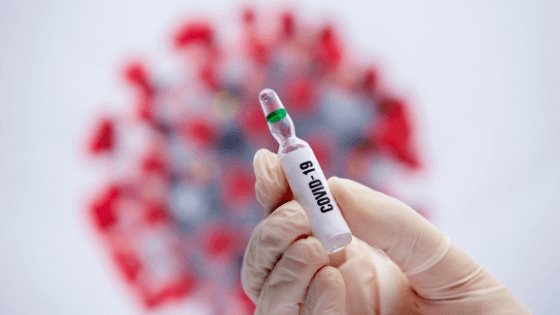Is Covid-19 a bacteria or a virus? Affinity Health explains the differences

A viral infection is caused when a virus enters your body and begins to duplicate. Your immune system flags the virus as a ‘foreign threat’ and sends in the troops to fight back. Viruses are so tiny that you can’t see them with the naked eye. In fact, they are ten to 100 times smaller than the smallest bacteria. Some virus infections don’t cause symptoms at all, while others can make you very sick. A few examples of viruses include the common colds, chickenpox, polio, measles, flu, Covid-19, pneumonia and other diseases.
Viruses can't reproduce without a host but can live on external surfaces – in some cases for up to 96 hours (glass, tabletops, counters, bathrooms, kitchen, doorknobs, railings, etc). Scientists still don’t know how long the virus that causes Covid-19, in particular, survives on surfaces. Studies suggest it depends on the type of surface, temperature or humidity of the environment.
Viruses, in many cases, are difficult to treat. That’s because they’re not affected by antibiotics. Typically, the best way to recover from a viral infection is to treat the symptoms and keep your immune system healthy by getting plenty of sleep, staying hydrated and eating a healthy diet. Some viruses are preventable with a vaccine, but to date, there is no vaccine for Covid-19.
“The ‘CO’ in Covid stands for coronavirus, ‘VI’ represents virus, and ‘D’ is for disease. As with most viruses, the best way to care for someone with a Covid-19 infection is to treat the symptoms. To protect yourself, it’s best to practice not only good hand hygiene and always wear a face mask, but social distancing, as well. This helps prevent the virus from spreading,” says Murray Hewlett, CEO of Affinity Health.
Similar to viruses, bacteria can also enter the body and replicate, resulting in a bacterial infection. Bacterial infections can cause symptoms that are similar to a viral infection. But, unlike viral infections, bacterial infections can be treated with an antibiotic. While bacteria do not need a host to survive they do need the right environmental conditions to grow.
Before scientists first discovered antibiotics (in oral, topical and injectable forms) in the 1920s, many people died from minor bacterial infections following surgery. The good news is that after antibiotics became available in the 1940s, life expectancy increased, surgeries became safer and the risk of developing deadly infections decreased.
“When it comes to bacterial infections, it's important to finish taking a prescribed course of antibiotics, even if you feel better halfway through treatment,” explains Hewlett. “That’s because if you don’t complete the course, the bacteria can become resistant to the antibiotic, and the next time you get sick, you won’t be able to use the same antibiotic.”
To determine if you have a viral or bacterial infection, you should see a health care provider who will assess your symptoms and the timing of those symptoms and provide a physical exam. Once it has been determined whether you have a viral or bacterial infection, the right course of treatment can be prescribed.
About Affinity Health
Affinity Health aims to provide premier quality, affordable medical insurance to South Africans. We strive to give our clients peace of mind and the highest standard of service when they are faced with injury or illness. We work to deliver innovative solutions that are simple, cost effective and proven, so our cover is structured to ensure that you get exactly what you need.
For more information follow us on https://www.facebook.com/affinityhealthcoza Facebook and Instagram.





























